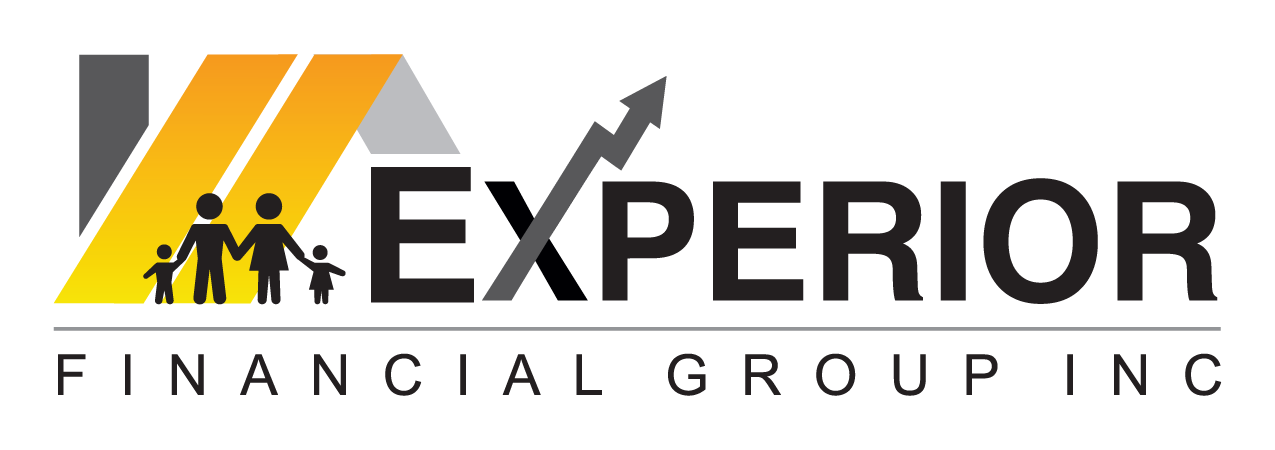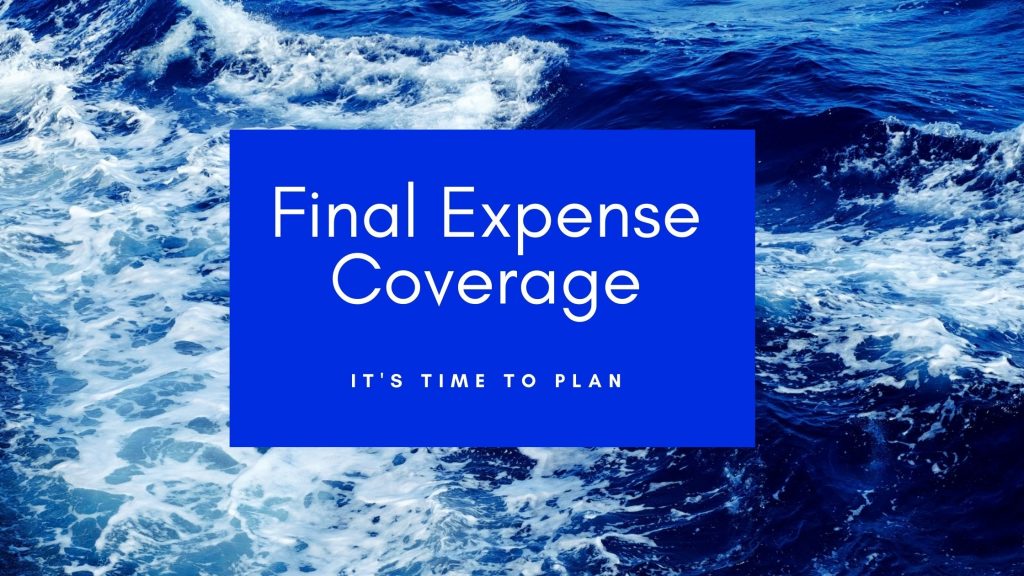I do not need life insurance; I will use my savings?
What happens when I die to my savings.
If I have savings in a bank
- Suppose your accounts are joint accounts. Then the joint name on the account has access to it.
- If the one who passed is the sole name on the account, then more often than not, the account gets frozen. Then the will and estate have to go through probate before the funds are freed. Let’s be clear this is going to take time.
RRSP/RIF and TFSA
- If you have a beneficiary listed, they will transfer to them.
- There could be tax implications for the one receiving, and one needs to be careful they do not go over their limit.
Example of tax
- person dies in June, and money is not transferred until December, and an increase in value occurs. One will pay tax on that increase.
- If no beneficiary listed you, it will go to the estate and maybe subject to probate.
Benefits of a Segregated fund through an insurance company
- TFSA and RRSP, and RRIF can be purchased through insurance segregated fund products.
- They are very competitive with mutual funds.
- Money passed to the beneficiary is outside the estate and tax-free.
- Using a segregated fund allows for the transfer of the assets to a successor with no tax impact as shared above.
- If the account value has dropped below the last account value reset, you will benefit and receive the higher amount.
- Make sure spouse is listed as a beneficiary to receive the death benefit options with Segregated Fund.
Finally, final expense insurance helps cover costs associated with dying, ensuring your family gets help fast and or a little extra.
Let’s start with a free financial analysis of where you are and what you need and get a plant that fits your uniqueness.


